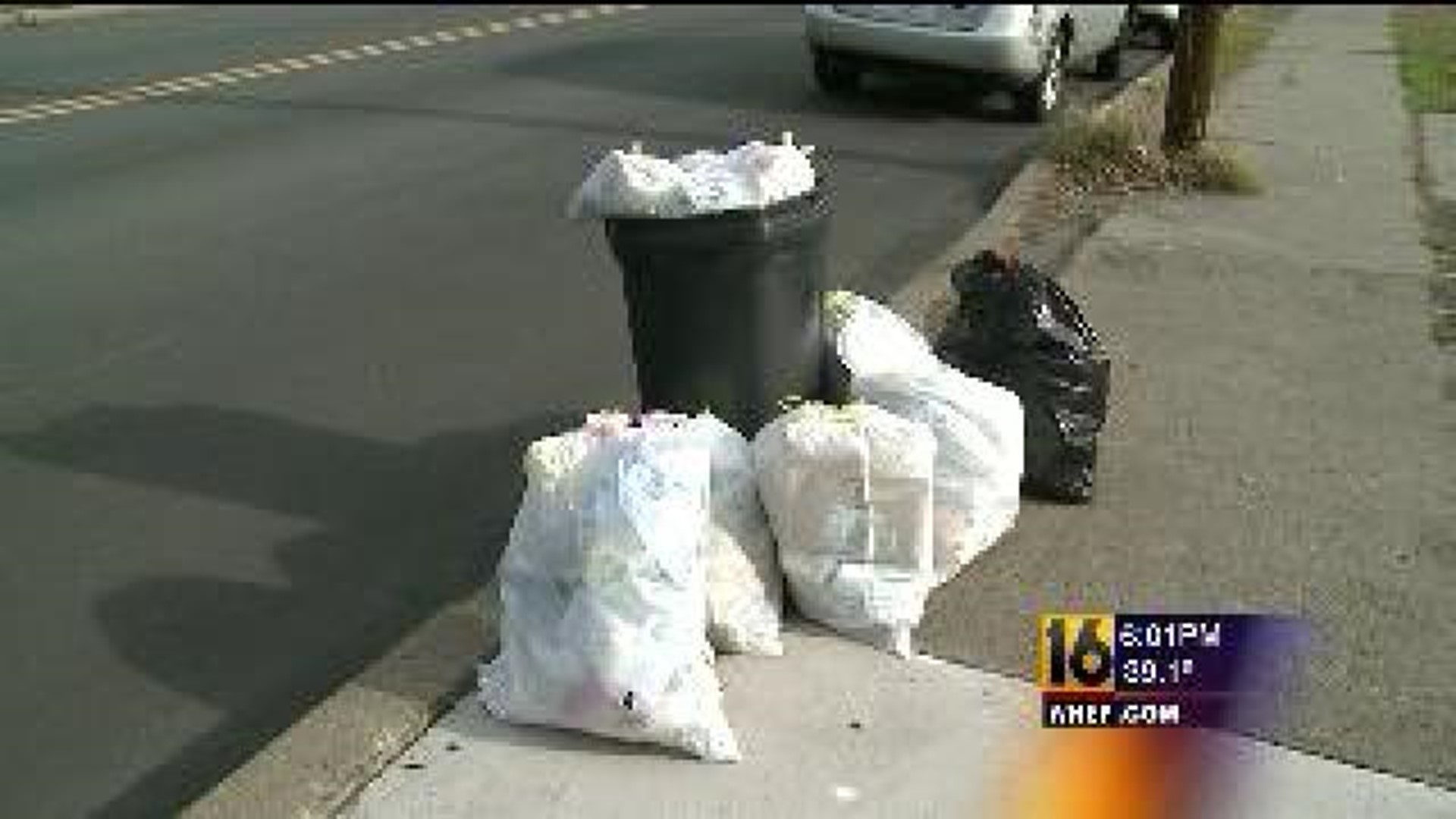SCRANTON -- Property taxes are a fact of life, and in Scranton, so is your annual garbage fee.
This year, the city has made some changes in how it collects garbage fees. First, by trying to collect delinquent bills from the past decade, but officials are finding out their records are not up to date.
About 8,000 Scranton residents got a bill in the mail this week reminding them what they owe the city in garbage fees from as far back as 1999.
Many people, including Mary Beth VanWinkle, said something's not right, that their bills are paid or that they never should have been charged in the first place.
"It's not delinquent. I didn't have to pay it because there was no house there!" VanWinkle said.
VanWinkle's house burned down in 2007, but she's now getting a garbage bill for that address from every year after that. So, she brought proof of the fire to the city treasurer's office to set the record straight.
Her problem is not an isolated one. The office has seen a steady stream of problems all week. Scranton switched collection companies earlier this year, and the city is finding out its record of delinquent garbage bills is not up to date.
"They've been provided the services of the DPW for years and some people just don't pay the bill. Others do pay the bill and there were some mistakes made, that's what we are trying to correct here in the office," said Christopher Boland, Scranton City Treasurer.
Since the switch-over, the city of Scranton has no way to know for sure if you paid your delinquent garbage bill in the past or not. So, the only way to clear it up now is to show some kind of proof that you did pay it.
That's Tim O'Malley's problem.
He doesn't have proof that he's paid his garbage bills because his bills were actually being sent to his home's previous owner all the way in Florida. He stopped by city hall to hopefully clear things up.
"First of all, the city should know who lives in the town and who owns the property, and it shouldn't take five to six years to catch up with who actually is there and how many people are coming and going in that amount of time. I planted myself so they tracked me down!" said O'Malley.
Officials didn't know how much money the city could make if all the legitimate delinquent bills are paid.

